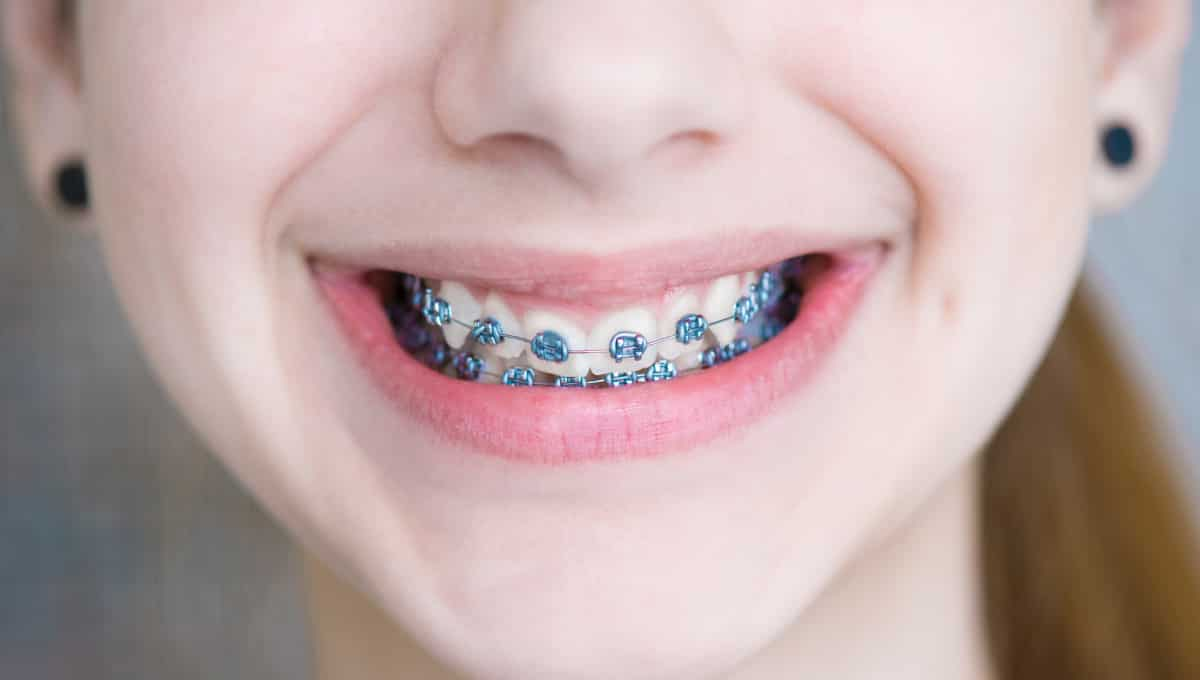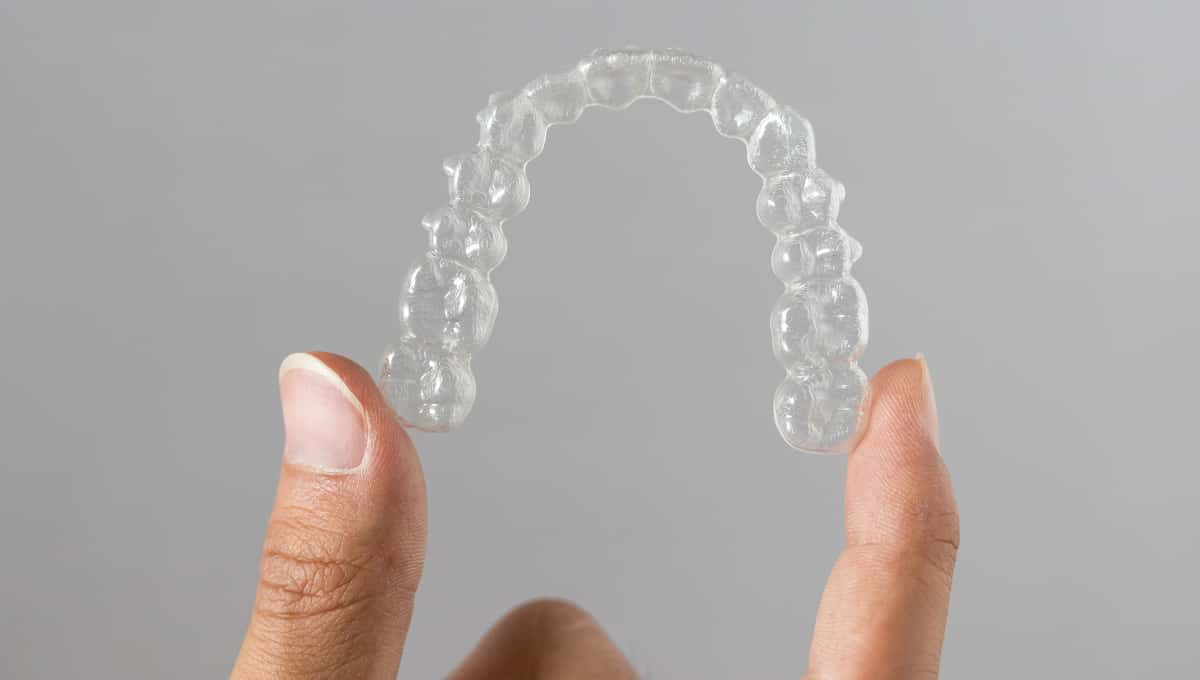Why Metal Braces for Kids & Teens
Metal braces have stood the test of time as a trusted orthodontic treatment option for children and teenagers. With their long history of effectively addressing various types of teeth misalignment, metal braces remain a popular choice among orthodontic patients.Despite the emergence of newer alternatives like clear aligners, metal braces continue to offer several advantages, especially for children and teens. Let's delve into the their benefits and drawbacks:
Why Choose Metal Braces? The Benefits
Durability
Constructed from high-quality materials, metal braces are incredibly durable. They can withstand the pressures of everyday life, including chewing, speaking, and participating in physical activities, ensuring consistent progress throughout the treatment period.Effectiveness
Metal braces effectively correct various orthodontic issues by using brackets attached to the teeth and wires applying gentle, consistent pressure to guide teeth into the desired alignment. They provide a comprehensive solution for achieving a straighter smile, addressing mild to severe misalignments.Accessible
Metal braces are widely available and commonly utilized in orthodontic treatment, making them readily available at orthodontic practices, dental clinics, and specialized centres. Due to their prevalence, individuals seeking orthodontic care can easily locate them at nearby facilities, enhancing convenience and accessibility.The Downsides of Metal Braces: What to Know

Visibility
One of the most common concerns with metal braces is their visibility. The metal brackets and wires are quite noticeable, which can cause some people to feel self-conscious.Oral Hygiene Challenges
Cleaning around the brackets and wires of metal braces can be difficult. If good oral hygiene habits aren't maintained diligently, there's a greater chance of plaque accumulation, cavities, and gum disease.Dietary Restrictions
Certain foods, such as hard candies, sticky sweets, and crunchy snacks, can damage or get stuck in metal braces. This often requires adhering to dietary restrictions to avoid damaging the braces.Is Metal Braces Suitable For Kids & Teens
While metal braces are commonly used, their suitability for kids and teens can differ based on several factors specific to each child's dental needs. These factors include the severity of orthodontic issues, overall dental health, and personal preferences.Ultimately, the decision can vary. It's essential for parents to consult with a qualified kids orthodontist to determine if metal braces are the right choice for their child. By evaluating their dental conditions and understanding the pros and cons of metal braces, parents can make a well-informed decision regarding their child's orthodontic treatment.
Discover the Modern Solution: Invisible Aligners

If you're wondering if there are any other ways to straighten teeth without traditional braces, here's a modern solution: invisible aligners (also known as clear braces). But what exactly are invisible aligners? They are a type of orthodontic appliance made of transparent material that can effectively address dental conditions such as gap teeth, overcrowding, crooked teeth and overbite without the use of braces. Unlike traditional braces, which utilise metal brackets and wires, clear aligners provide a discreet alternative for teeth straightening.
Like any dental treatment, invisible aligners come with both advantages and disadvantages that patients should consider. We'll delve into the pros and cons of clear braces, assisting you in making an informed decision regarding their suitability for your children's orthodontic needs.
Aligners: What Makes Them Stand Out
Invisible Appearance
The most apparent thing about clear braces is that they come in a transparent material which can make it less obvious when getting your teeth straightened. Unlike metal braces, people can barely see that you have your orthodontic appliances on.Removable
Invisible aligners can be easily removed, offering flexibility for eating, brushing, and other activities. This feature enhances comfort and convenience during the whole duration of the patient’s treatment.No Dietary Restrictions
Since they are removable, this eliminates the need for any dietary restrictions during treatment. This means patients can continue enjoying their favourite foods without any interruption.What Might Stop You from Getting Aligners

Treatment Limitations
Aligners may not be suitable for severe orthodontic issues like complex bite problems or significant tooth rotation, partly due to the different materials used. Traditional braces, made of brackets and wires, offer greater control for precise adjustments necessary for effective treatment.Cleaning Maintenance
Clear aligners require regular cleaning to prevent staining and bacteria buildup. Patients must remove their aligners to clean them properly, which can be inconvenient, especially when eating out or in public settings.Discipline
Successful treatment with clear aligners requires strict compliance with wearing them for the recommended time each day, typically 20-22 hours. Patients who struggle to wear their aligners as instructed may experience delays or complications in their treatment progress.Is Invisible Aligners Suitable For Kids & Teens
Invisible aligners are recommended for teenagers with fully erupted permanent teeth, but suitability also depends on factors like orthodontic severity, jaw development, and any underlying dental conditions. Each case is unique, so consulting with a qualified orthodontist pediatric dentist is crucial for the decision as starting treatment too early could lead to further changes even after completion.If you're still feeling hesitant about deciding whether teeth straightening is suitable for your child, taking the time to review the considerations before proceeding with treatment for teenagers can provide valuable insight and help you make a more informed decision.
Take the initial step toward enhancing your teenager's smile by arranging a complimentary consultation today. Explore the opportunity to receive personalized guidance and determine whether aligners or braces are suitable.
